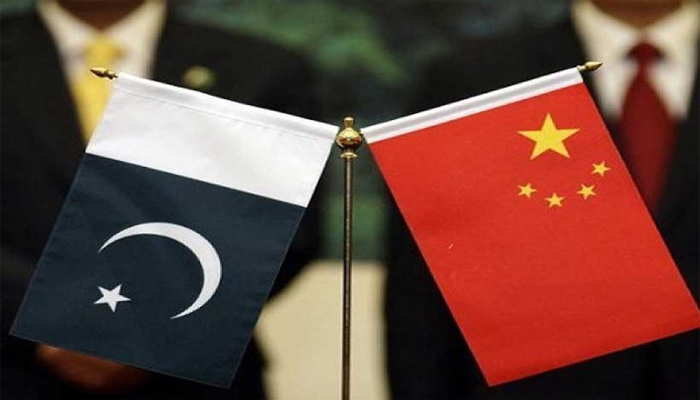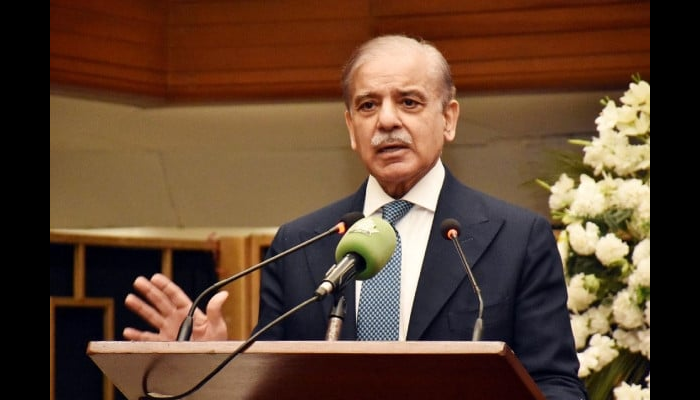Pakistan has formally requested China to reschedule a portion of its $3.4 billion debt, as the country faces growing economic pressures and seeks to manage its financial obligations. This move comes at a time when Pakistan is grappling with severe economic challenges, including high inflation, a widening trade deficit, and a lack of foreign reserves.
The request was made through official diplomatic channels, highlighting Pakistan’s ongoing efforts to restructure its foreign debt, particularly with key partners like China. The $3.4 billion debt is part of the broader financial commitments Pakistan has undertaken as part of the China-Pakistan Economic Corridor (CPEC) initiative and other bilateral agreements.
Pakistan’s Ministry of Finance has emphasized that the rescheduling of the debt would help ease pressure on its economy, which has been severely impacted by external factors such as global energy price hikes and the devastating floods in 2022. The Pakistani government has expressed hope that the rescheduling will provide the necessary breathing room for the country to stabilize its financial situation while also ensuring that economic reforms continue.
China, which has been a significant economic partner for Pakistan, is expected to review the request in the coming weeks. Experts suggest that the Chinese government may agree to the rescheduling, given the longstanding economic ties between the two nations and the importance of maintaining stability in the region.
Pakistan's financial troubles are also compounded by negotiations with the International Monetary Fund (IMF) for a much-needed bailout package, with conditions that include strict fiscal measures. Rescheduling the Chinese debt could buy Pakistan some time to secure further financial assistance and implement necessary reforms.
This development underscores the importance of international cooperation in addressing the economic challenges faced by developing nations. As Pakistan navigates through these turbulent times, the success of its request to China could play a crucial role in stabilizing its economy and restoring investor confidence.









